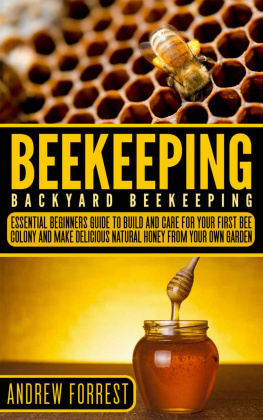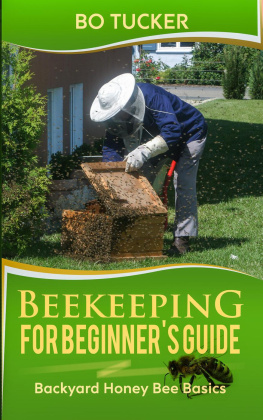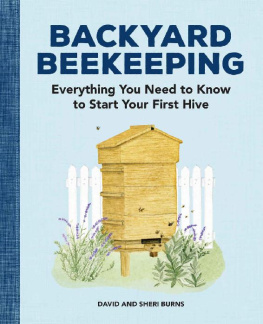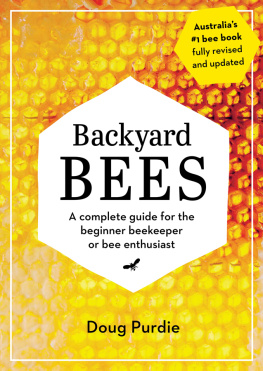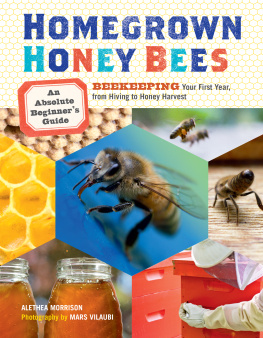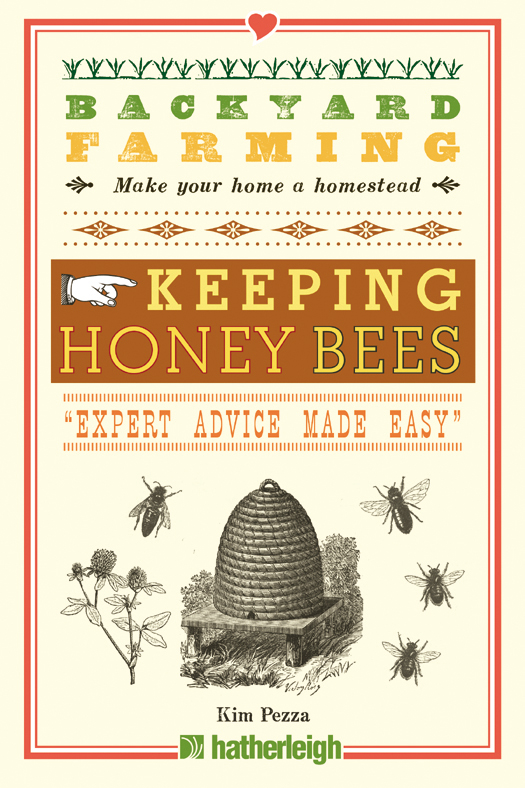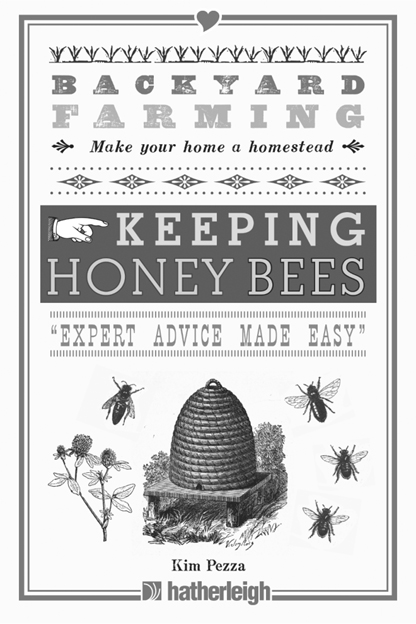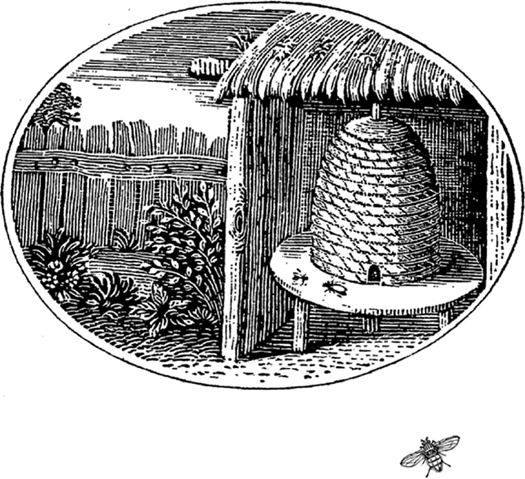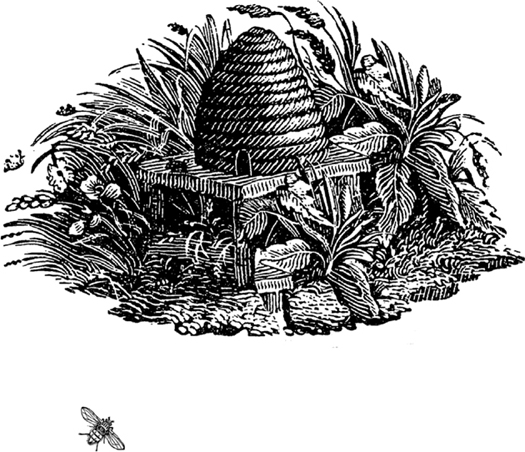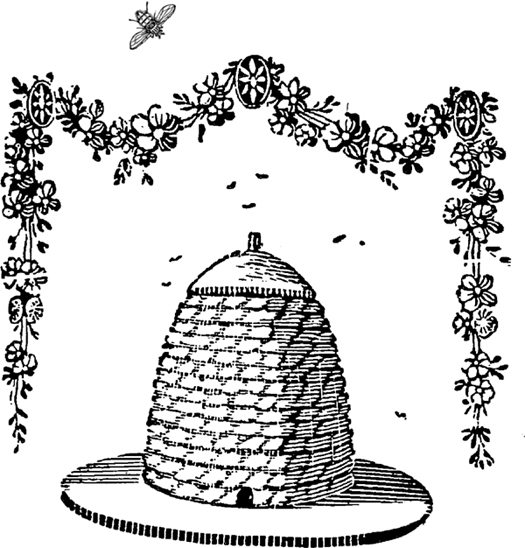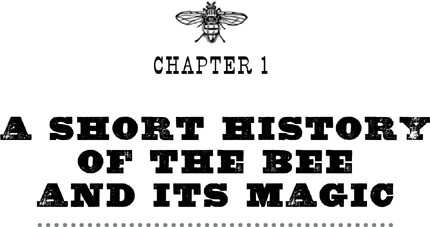Kim Pezza - Backyard Farming: Keeping Honey Bees: From Hive Management to Honey Harvesting and More
Here you can read online Kim Pezza - Backyard Farming: Keeping Honey Bees: From Hive Management to Honey Harvesting and More full text of the book (entire story) in english for free. Download pdf and epub, get meaning, cover and reviews about this ebook. year: 2013, publisher: Hatherleigh Press, genre: Home and family. Description of the work, (preface) as well as reviews are available. Best literature library LitArk.com created for fans of good reading and offers a wide selection of genres:
Romance novel
Science fiction
Adventure
Detective
Science
History
Home and family
Prose
Art
Politics
Computer
Non-fiction
Religion
Business
Children
Humor
Choose a favorite category and find really read worthwhile books. Enjoy immersion in the world of imagination, feel the emotions of the characters or learn something new for yourself, make an fascinating discovery.

- Book:Backyard Farming: Keeping Honey Bees: From Hive Management to Honey Harvesting and More
- Author:
- Publisher:Hatherleigh Press
- Genre:
- Year:2013
- Rating:4 / 5
- Favourites:Add to favourites
- Your mark:
Backyard Farming: Keeping Honey Bees: From Hive Management to Honey Harvesting and More: summary, description and annotation
We offer to read an annotation, description, summary or preface (depends on what the author of the book "Backyard Farming: Keeping Honey Bees: From Hive Management to Honey Harvesting and More" wrote himself). If you haven't found the necessary information about the book — write in the comments, we will try to find it.
Make beekeeping a part of your backyard farming experience: enjoy honey, beeswax and a more fruitful garden, as your bees will work as hard as you do to make your backyard farm a success!
Backyard Farming: Keeping Honey Bees is your guide to successfully caring for your hive. As a comprehensive primer for first-time beekeepers, Keeping Honey Bees includes detailed illustrations and informative photographs that help to ease new homesteaders into the world of backyard beekeeping.
Keeping Honey Bees takes you from start to finish: from planning out your bees space in the yard and constructing/installing your hives, to feeding and nurturing your new colony, to enjoying your very own golden honey and more.
With Keeping Honey Bees, you will:
Learn the proper use of the equipment necessary to make your beekeeping a success
Construct the perfect apiary to minimize your workload and ensure a productive colony
Gather honey and beeswax for profit, or to include in your own self-sufficiency plan
Use the freshest, fullest honey possible in a variety of delicious recipes
and many more tips and tricks from experienced farmers to help you avoid the most common pitfalls you might encounter.
Keeping Honey Bees is your first big step to joining the growing movement of homemakers and homesteaders looking to make a return to a healthier, happier way of lifeand it starts right in your own backyard.
Backyard Farming is a series of easy-to-use guides to help urban, suburban, and rural dwellers turn their homes into homesteads. Whether planning to grow food for the family or for sale at the local farmers market, Backyard Farming provides simple instruction and essential information in a convenient reference.
Kim Pezza: author's other books
Who wrote Backyard Farming: Keeping Honey Bees: From Hive Management to Honey Harvesting and More? Find out the surname, the name of the author of the book and a list of all author's works by series.



